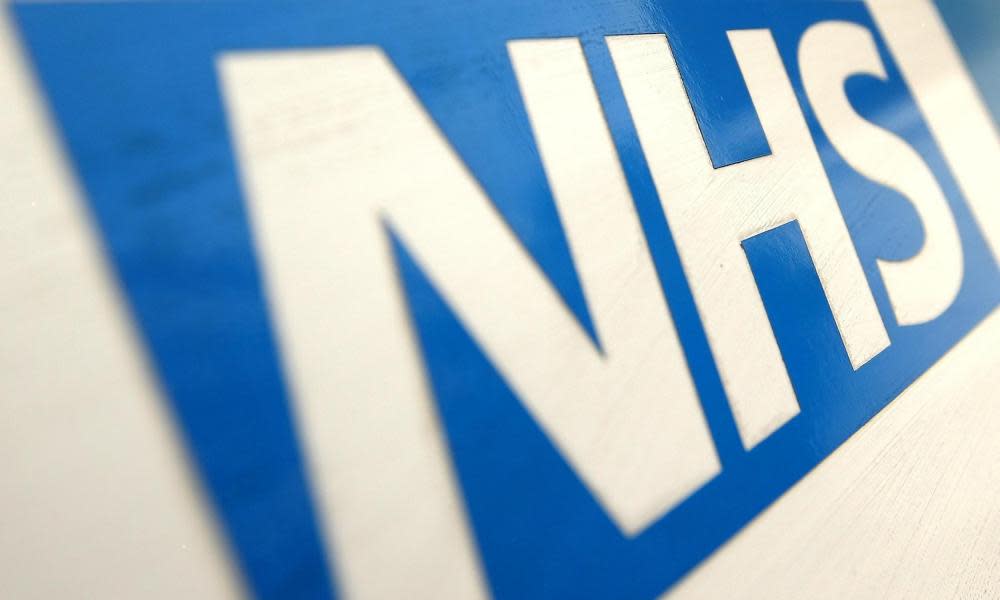Health trust apologises for families' distress over stored organs

A health trust has apologised to the relatives of dead people whose tissue and organs were stored without their families’ knowledge.
Police have contacted 39 families after a 2015 audit at South Tyneside district hospital in South Shields found samples taken following unexplained deaths had been kept “longer than necessary”.
Speaking as an internal investigation into the incident was launched, Ken Bremner, the chief executive of South Tyneside NHS foundation trust, said: “I want to express my sincere apologies to all the families involved for the distress and anxiety that this will, undoubtedly, have caused.
“We are currently in the process of reviewing the circumstances around the storage of these samples. A review of this nature, covering a time period that goes back over a number of years, will unfortunately take some time to conclude, however, I would like to assure the relatives that we will do all we can to complete our inquiries as soon as possible.”
The 2015 audit was carried out jointly between Northumbria police, South Tyneside NHS foundation trust, local coroners, the Human Tissue Authority and the Home Office.
The Human Tissue Act, which came into force in 2006, made it illegal to remove, store or use human tissue without consent from family members. Police forces began carrying out audits in 2010 following cases where samples taken before the law was changed were still being kept.
The law was changed after an organ retention scandal in 1999 at Alder Hey hospital in Liverpool, where body parts from about 850 children were found to have been stored in more than 2,000 pots.
Vanessa Jardine, the assistant chief constable of Northumbria police, expressed her condolences to the families affected. “This is understandably an incredibly emotive issue and we recognise it has caused a huge amount of upset and angst to those involved,” she said.
“Unfortunately, what has happened is not unique to the north-east and there have been previous incidents across the country following the uncovering of historic practices that led to human tissues being held for longer than necessary. It is with regret that the samples were not identified sooner and this is a matter that ourselves and the hospital have taken incredibly seriously.”
Police say it is standard practice to retain human tissue samples following an unexplained death, for evidential purposes and to determine the cause of death. In some cases, this material can be retained for long periods to support an ongoing criminal investigation.
“We fully recognise the importance of carefully managing the retention and storage of human tissue samples collected for investigative purposes to ensure they are obtained, and retained and disposed of, in line with the Human Tissue Act,” said Jardine.
“In 2006 a new law was introduced as result of such errors and, while police are exempt, we fully support this legislation and have instructions in place to prevent this from happening again.”

 Yahoo News
Yahoo News 
